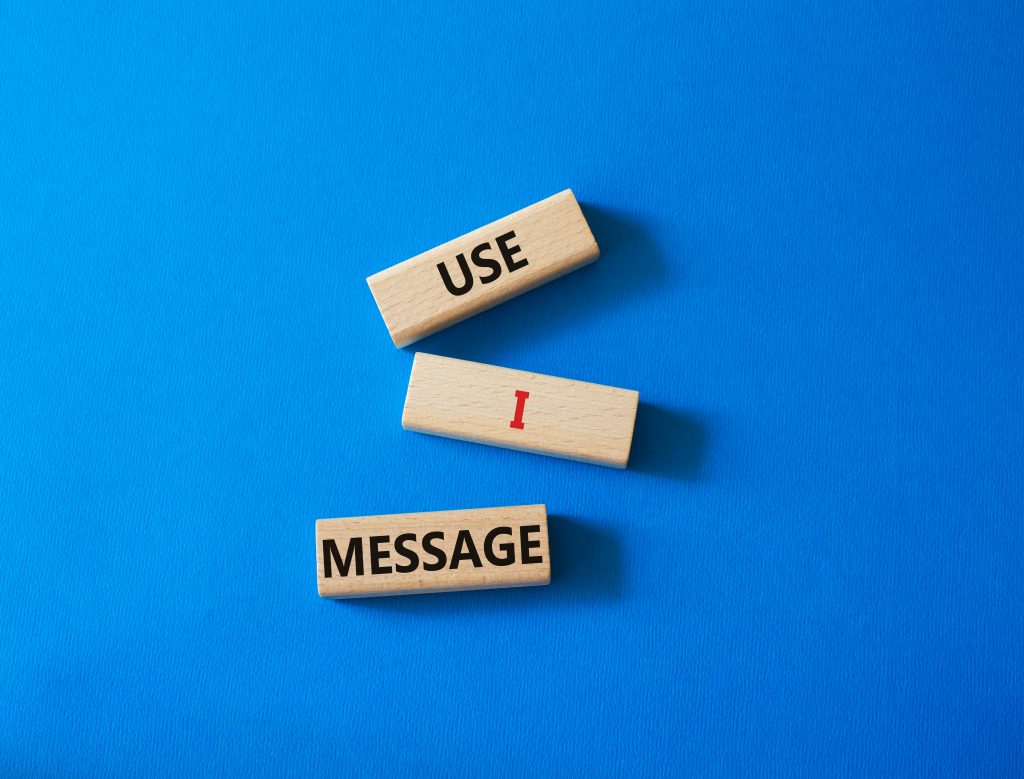
Whether it’s your partner, your parent, or your best friend—every strong relationship relies on one essential ingredient: communication. But not just talking—communicating in a way that builds understanding, trust, and connection. The problem is many people think they’re good communicators just because they talk a lot. In reality, it’s how you listen, how you respond, and how you express yourself that defines your ability to truly connect. Mastering this skill can be the difference between growing together or growing apart.
Listening Is More Important Than Speaking
Most people listen to reply—not to understand. Real listening means being fully present, putting aside your need to be right, and tuning into what the other person is really saying. It’s not just about their words—it’s about their tone, their body language, and what’s left unsaid. When someone feels heard, it builds safety and trust in the relationship. Listening well creates space for deeper conversations that move relationships forward, not just around in circles.
Use “I” Statements Instead of Blame
When things get heated, it’s easy to say, “You never help,” or “You always do this.” But those words instantly trigger defensiveness. A more effective way to communicate is by using “I” statements: “I feel overwhelmed when I do all the chores alone,” for example. This shifts the tone from attack to vulnerability, making it easier for the other person to stay open. You’re sharing your experience, not assigning blame. That small change in language can make a big difference in how your message is received.
Body Language Says More Than Words

Communication isn’t just verbal—it’s also physical. Crossing your arms, avoiding eye contact, or constantly checking your phone all send a clear message, even if you’re silent. Conversely, leaning in, nodding, and maintaining eye contact shows that you’re engaged and emotionally present. Your tone, posture, and expressions either support your words or contradict them. If your words say, “I’m fine,” but your body screams otherwise, people will pick up on that mismatch. Being aware of your body language builds trust and makes your communication more authentic.
Timing Matters More Than You Think
Even the most well-worded message can backfire if the timing is off. Trying to talk about something serious when someone is distracted, angry, or exhausted rarely ends well. Choosing the right moment shows respect and increases your chances of being heard. A simple “Can we talk later when things are calmer?” can go a long way. Timing isn’t about avoidance—it’s about emotional awareness. Knowing when to talk is just as important as knowing what to say.
Practice Curiosity, Not Control
Healthy communication thrives on curiosity—asking questions, seeking to understand, and staying open. Trying to control the conversation, prove you’re right, or steer it toward your agenda shuts the other person down. Curiosity invites people in, while control pushes them away. Saying “Help me understand what you meant” opens the door to clarity and resolution. When you replace judgment with curiosity, conversations become tools for connection rather than conflict.
Connection Grows Through Communication
Effective communication isn’t about winning arguments or having the last word—it’s about building bridges. It requires listening deeply, speaking with honesty, and showing up with empathy. Whether it’s in romantic relationships, friendships, or family dynamics, how you communicate determines how strong your connection can become. No one gets it perfect all the time—but with practice, you can transform the way you relate to the people who matter most.
What’s been the hardest communication lesson you’ve had to learn? Share your story in the comments below—we’re listening.
Read More:
5 Communication Tricks Only Happy Couples Use
The 6 Red Flags Every Parent Should Watch for in Teen Friendships

Latrice is a dedicated professional with a rich background in social work, complemented by an Associate Degree in the field. Her journey has been uniquely shaped by the rewarding experience of being a stay-at-home mom to her two children, aged 13 and 5. This role has not only been a testament to her commitment to family but has also provided her with invaluable life lessons and insights.
As a mother, Latrice has embraced the opportunity to educate her children on essential life skills, with a special focus on financial literacy, the nuances of life, and the importance of inner peace.
